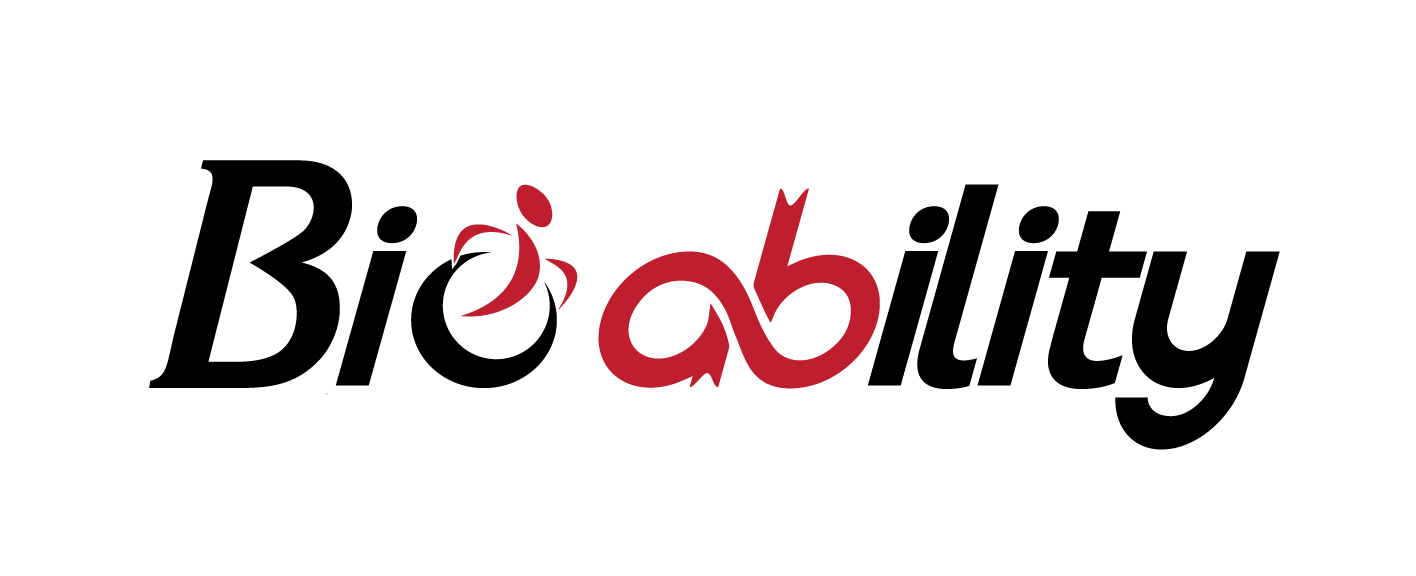February 1, 2023
The Ability Connection
Issue #5
February is American Heart Month!
According to the US Department of Health and Human Services, heart disease is a leading cause of death in the United States for both men and women. Aiming for a heart healthy lifestyle can reduce your risk of developing heart disease. The first step is to know your risk and your numbers.
There are some risk factors that you can’t control like your age, gender and family history. However, there are many modifiable risk factors that you have some control over.
High blood pressure and cholesterol are two major risk factors for heart disease. It is important to have regular screenings or physicals with your doctor to know your blood pressure and cholesterol numbers. Then it is important to take action to improve any areas that are out of range.
Here are some tips for reducing your risk of heart disease:
● If you smoke, quit. Ask for help.
● Aim for or maintain a healthy weight
Manage your stress. Learn how it affects you and ask for help from your doctor or a counselor if needed.
- Be active. Aim for 150 minutes of moderate intensity activity each week.
- Choose a heart healthy diet, like DASH.
- Get enough good quality sleep and aim for 7-9 hours a night. Learn your risk and take charge of your life. No matter where you are with your health at this
time, know that small steps over time can elicit big results over time. Choose one or two areas to focus on, and once you have made new habits in those areas, add one or two more.
Learn more about heart healthy living here. BIO Ability offers an Adaptive Lifestyle Program designed to meet you where you are and supplement what you and your doctor are working on to improve your health. This will include recommendations for appropriate lifestyle adaptations including healthy eating and adaptive exercises to help you meet your goals and improve your overall health.
February is also Cancer Prevention Month
According to the NIH, there is evidence linking higher physical activity to lower cancer risk. There is strong evidence that higher levels of physical activity are linked to lower risk of several types of cancer including bladder, breast, colon, endometrial, esophageal, renal and stomach cancers. Adequate exercise has many biological eects on the body, some of which have been proposed to explain associations with specific cancers. These include:
- Lowering high levels of sex hormones, associated with cancer development
- Preventing high blood levels of insulin, also linked to cancer development
- Reducing inflammation
- Improving immune system function
- Altering the metabolism of bile acids, suspected carcinogens
- Helping to prevent obesity, which is a risk factor for many cancers
Physical activity is also important if you have been diagnosed with cancer. Being active during and after a cancer diagnosis is an important way to reduce fatigue, increase strength and help ease depression. Make an appointment for a consultation and we can work closely with your doctor to provide a program that is appropriate for you.
What’s happening: Autism Fitness
Research studies show that light to moderate activity for even just 10 minutes can help decrease stereotypical behaviors, hyperactivity, and aggression in children with Autism. Exercise not only helps people with autism better engage with their environment, but it also helps promote a healthy body composition and leads to better overall health. Our own Velera
Aucoin recently completed her Autism Fitness Specialist Certification. Our Autism Fitness program is personalized for you and your specific goals. We will begin offering Autism Fitness 1-on-1 or small group classes soon. Please reach out to Mrs. Velera if you are interested in scheduling a consultation!
Muscle of the Month: Smooth muscle
Your heart is made of smooth muscle. Smooth muscle is a type of involuntary muscle tissue which is used by various systems to apply pressure to vessels and organs. Unlike skeletal muscle, you can’t lift weights to isolate these muscles. The best way to work the smooth muscle in your heart is to do cardiovascular exercise. Cardiovascular or cardio exercise is any movement that increases your heart rate for an extended period of time. It is typically a rhythmic motion using large muscle groups, such as walking, biking, swimming, dancing, etc. Recommendations for cardio for general health is to get at least 150 minutes each week of moderate intensity cardio exercise.
Recipe of the Month: Sweet and Savory Shrimp Tacos Recipe
 Ingredients
Ingredients
12 taco shells
1 tablespoon olive or coconut oil
1 pound small shrimp, thawed (cooked or uncooked)
1 teaspoon ground cumin
1 teaspoon chili powder
½ teaspoon garlic powder
1 15-ounce can black beans, drained and rinsed
1½ cups frozen corn kernels, thawed
1 8-ounce can crushed pineapple, drained
½ cup salsa
1 cup shredded reduced-fat cheddar cheese
Kosher salt and freshly ground black pepper to taste
Directions
- Preheat the oven to 350°F (176°C). Bake the taco shells according to package directions and set aside.
- While the shells are baking, heat the oil in a large non-stick skillet over medium-high heat. Add the shrimp, cumin, chili powder and garlic powder and cook until the shrimp are warmed through, about 1 minute (if using fresh shrimp, cook an additional 2 to 3 minutes).
- Stir in the beans, corn, pineapple and salsa, and heat through, about 2 minutes. Add the cheese and heat until melted. Season with salt and pepper to taste.
- Using a slotted spoon to remove any excess liquid, place a generous ½ cup of the shrimp mixture into each taco shell. Serve with optional toppings.
Nutrition facts:
Serving size: 2 Tacos
Calories: 380; Total Fat: 13g; Saturated Fat: 3g; Trans Fat: 0g; Cholesterol: 155mg; Sodium: 540mg; Total Carbohydrate: 41g; Dietary Fiber: 6g; Sugars: 8g; Protein: 27g; Vitamin A: 10%; Vitamin C: 15%; Calcium: 20%; Iron: 20%.

